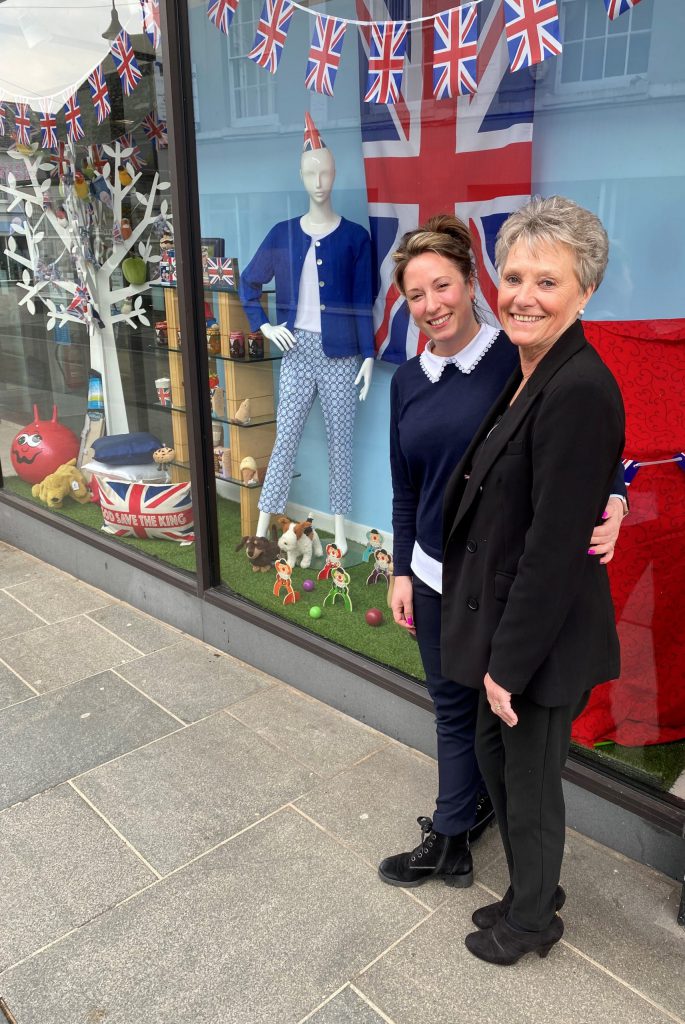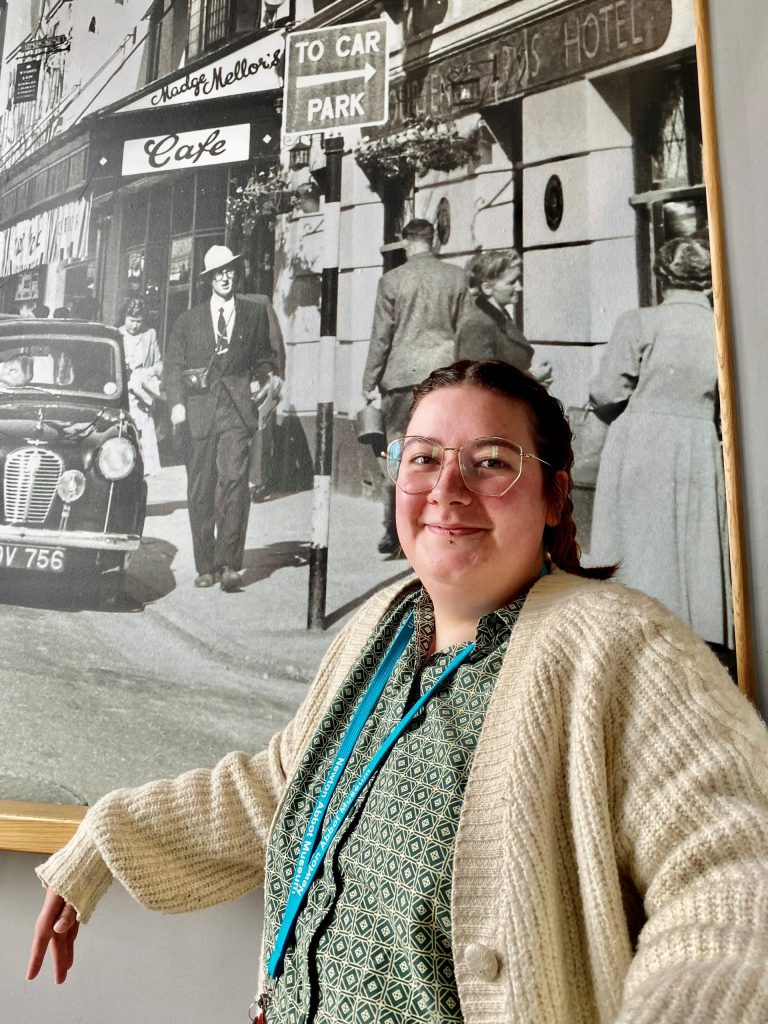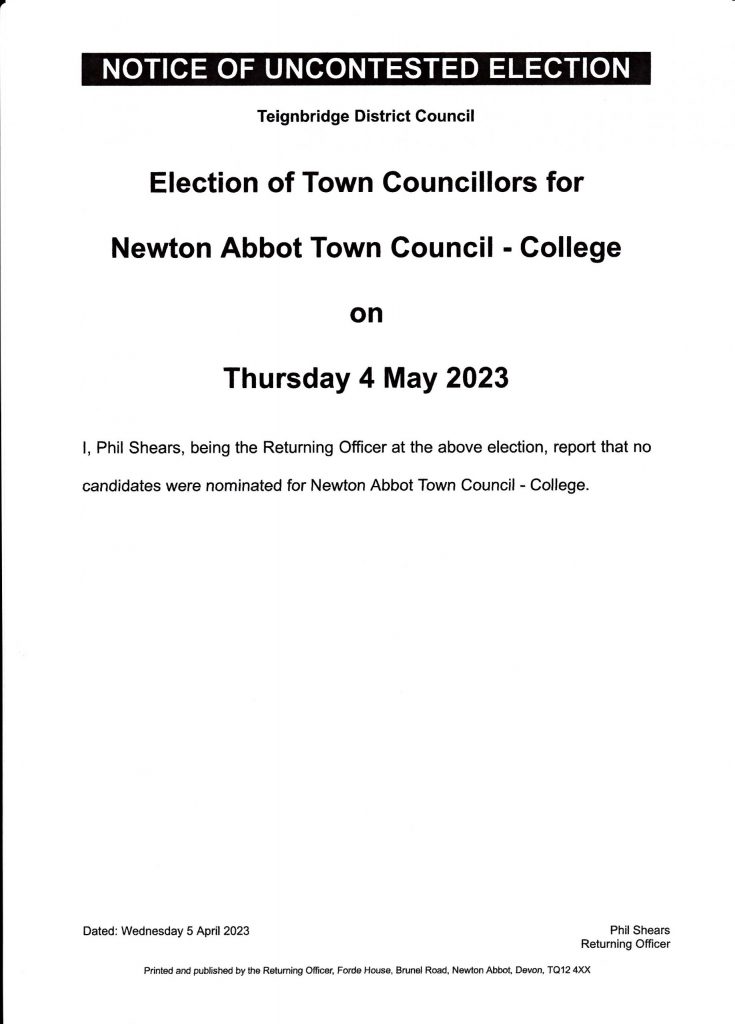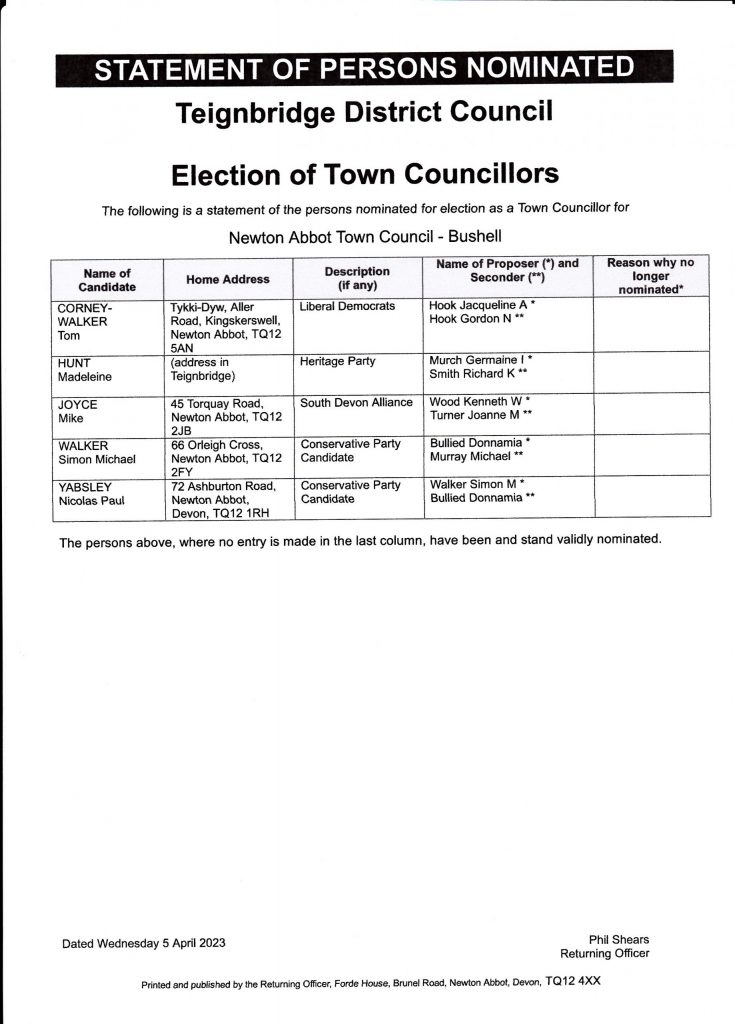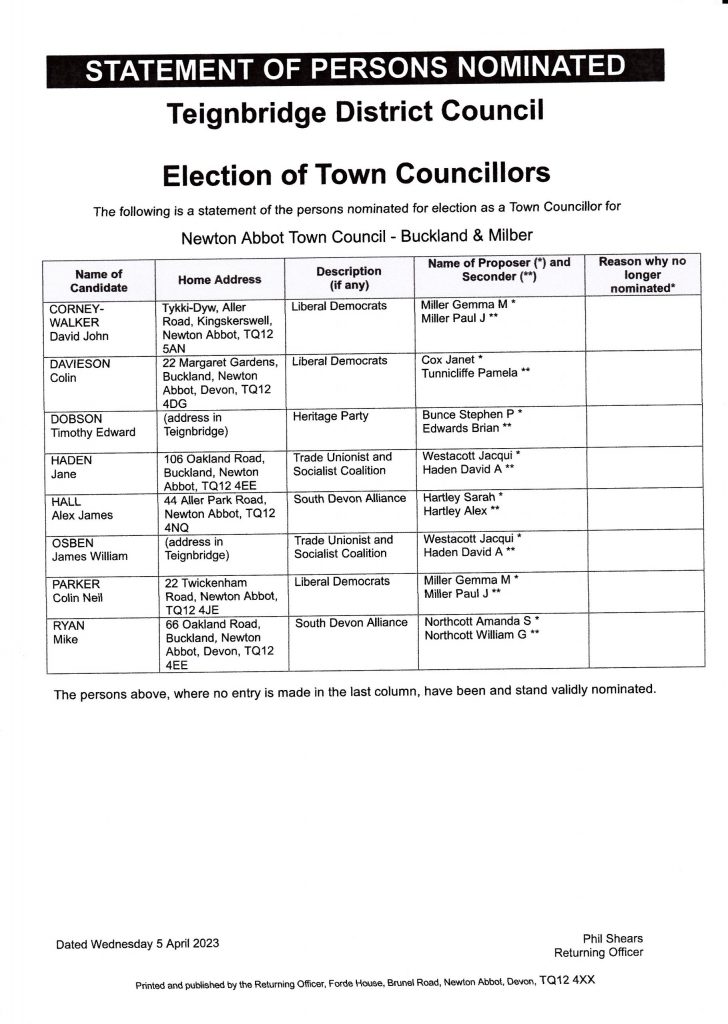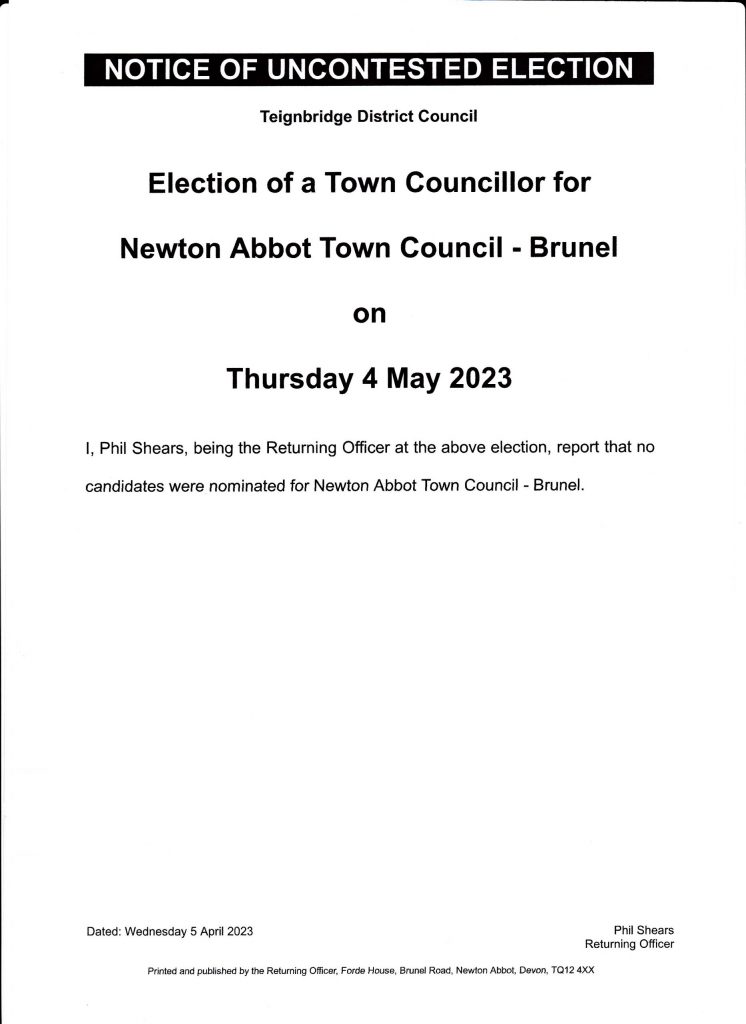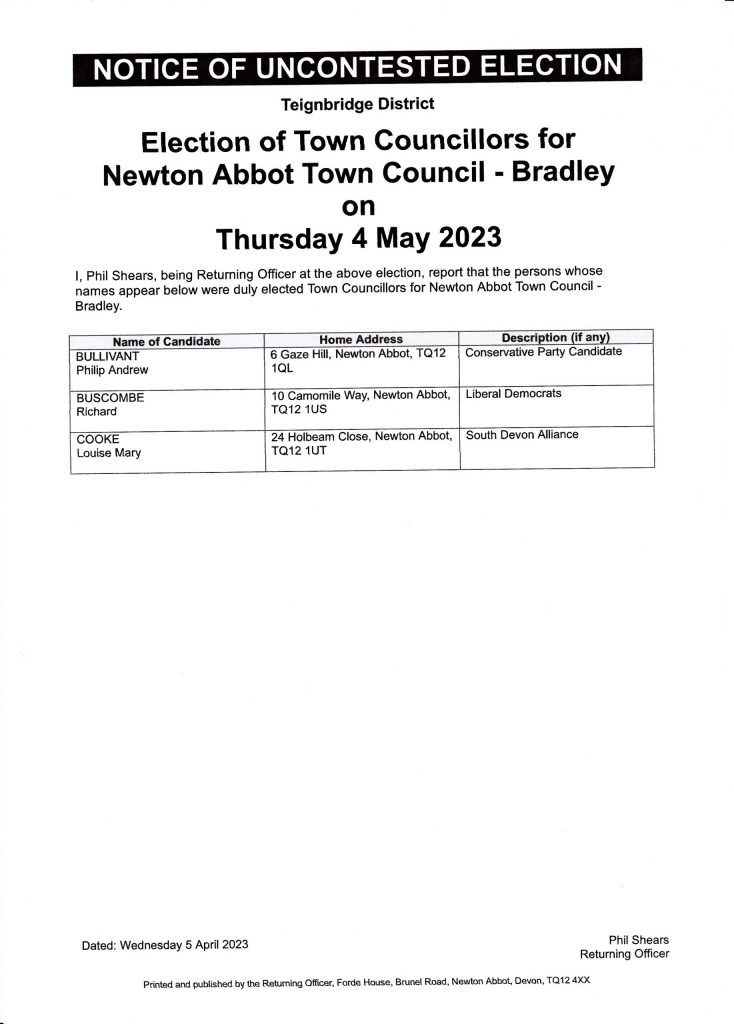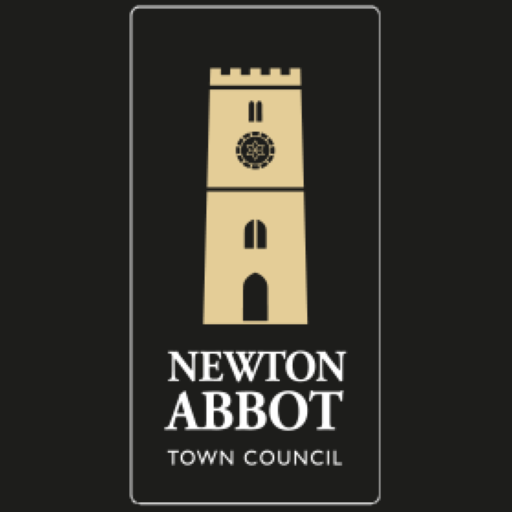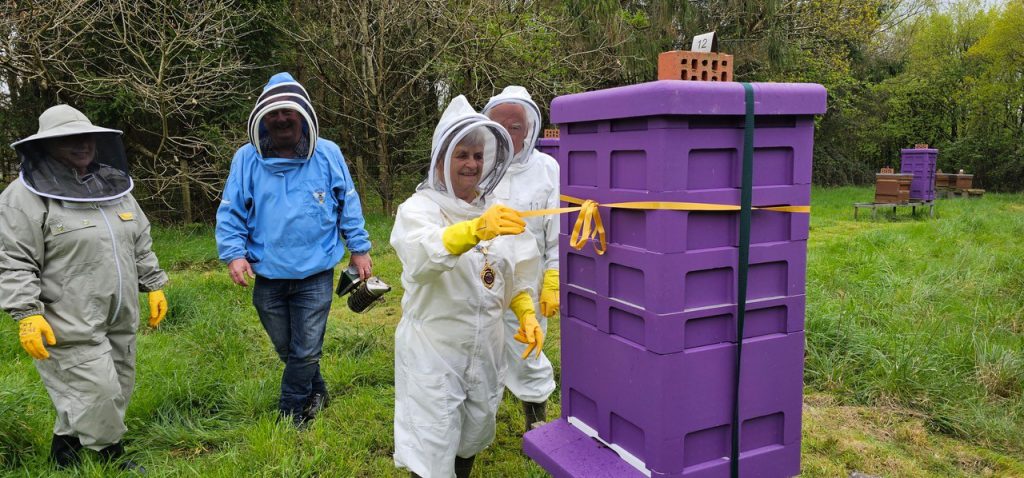
Newton Abbot Mayor Cllr Carol Bunday has officially opened new beehives named in honour of King Charles III whose coronation takes place on May 6.
The colony is cared for by Newton Abbot Beekeeping Association and located near heathland in Chudleigh Knighton.
The group’s aim is to strengthen the species’ presence in the area and encourage more people to take up the hobby with support and guidance from experts.
Cllr Bunday was shown inside one of the hives and taken through some of the detailed aspects of successful beekeeping.
‘I was made very welcome by the Newton Abbot Beekeepers and was amazed to find out hard these little pollinators work to sustain their colonies,’ she said.
‘We all know just how much our lives depend on bees and them having access to a healthy natural habitat so it’s wonderful to see people prepared to spend time and energy on projects such as the King Charles III hives.
‘It was really fascinating and we owe a debt of gratitude to both the bees and those who promote their welfare.’
As the official mayoral engagement took place outside Cllr Bunday’s own patch she first sought approval from Hennock Parish Council.
‘It’s only correct that I respect another council’s jurisdiction and I thank them for allowing me to wear the chain of office beyond Newton Abbot’s boundaries,’ said Cllr Bunday.
‘After all, I don’t anyone thinking that I see myself as queen bee everywhere I go!’
The attached images show Cllr Bunday at the hives

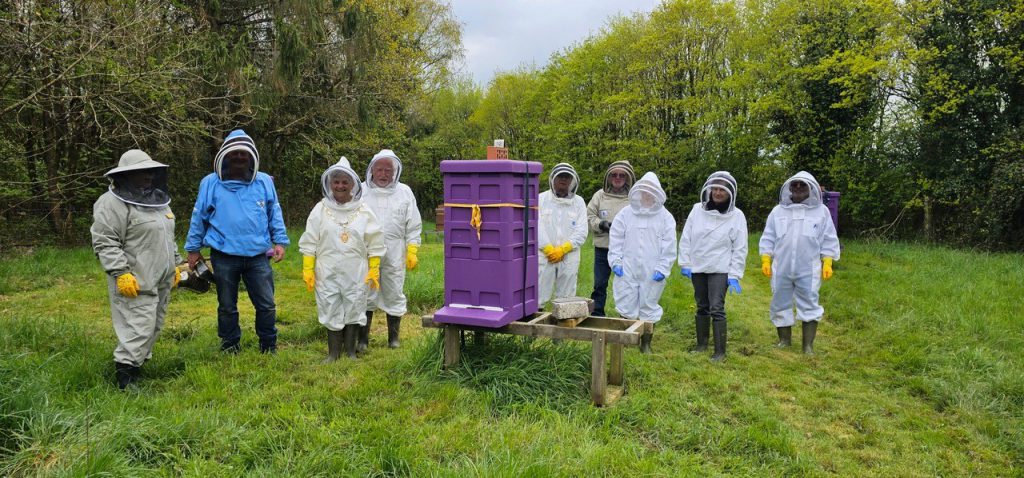
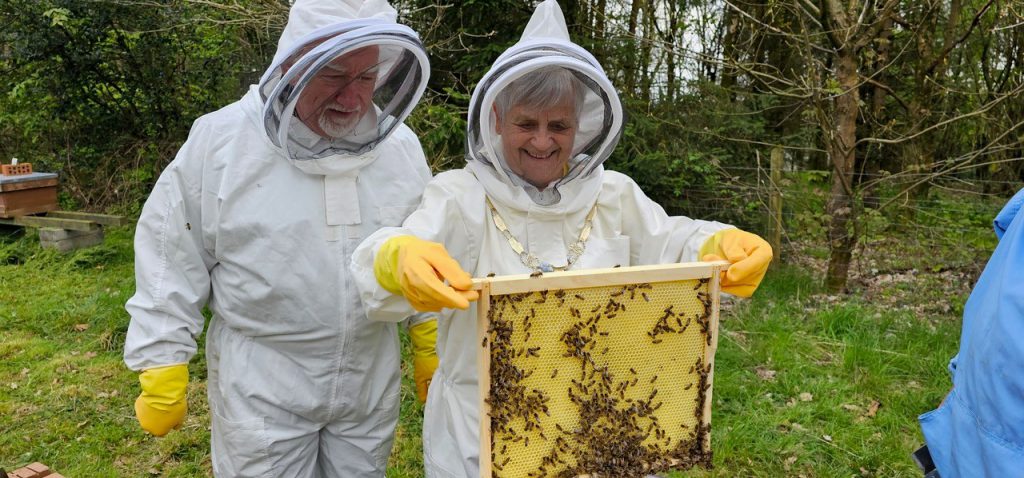
Please Note : Neither Cllr Bunday or Cllr Hocking are seeking re-election.

